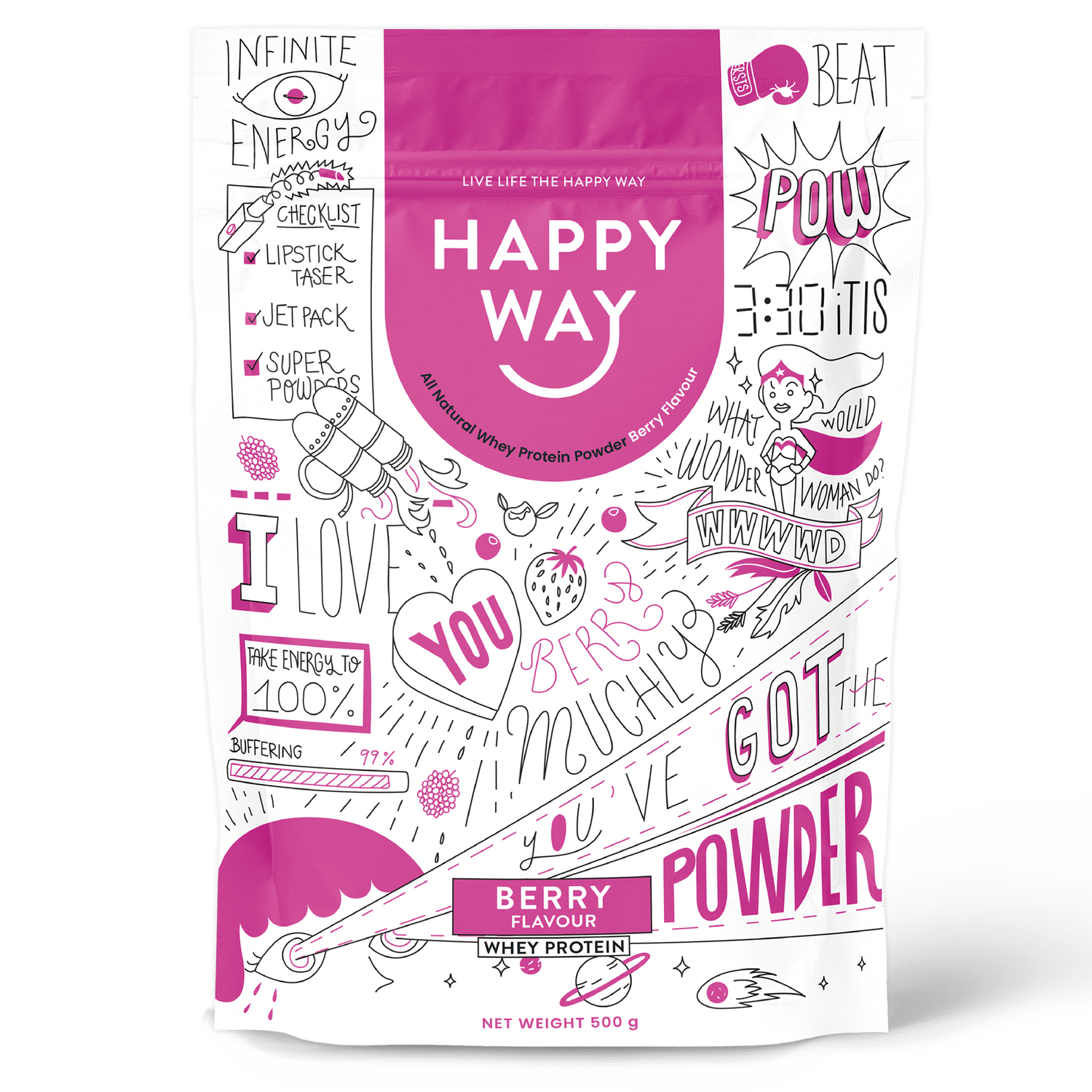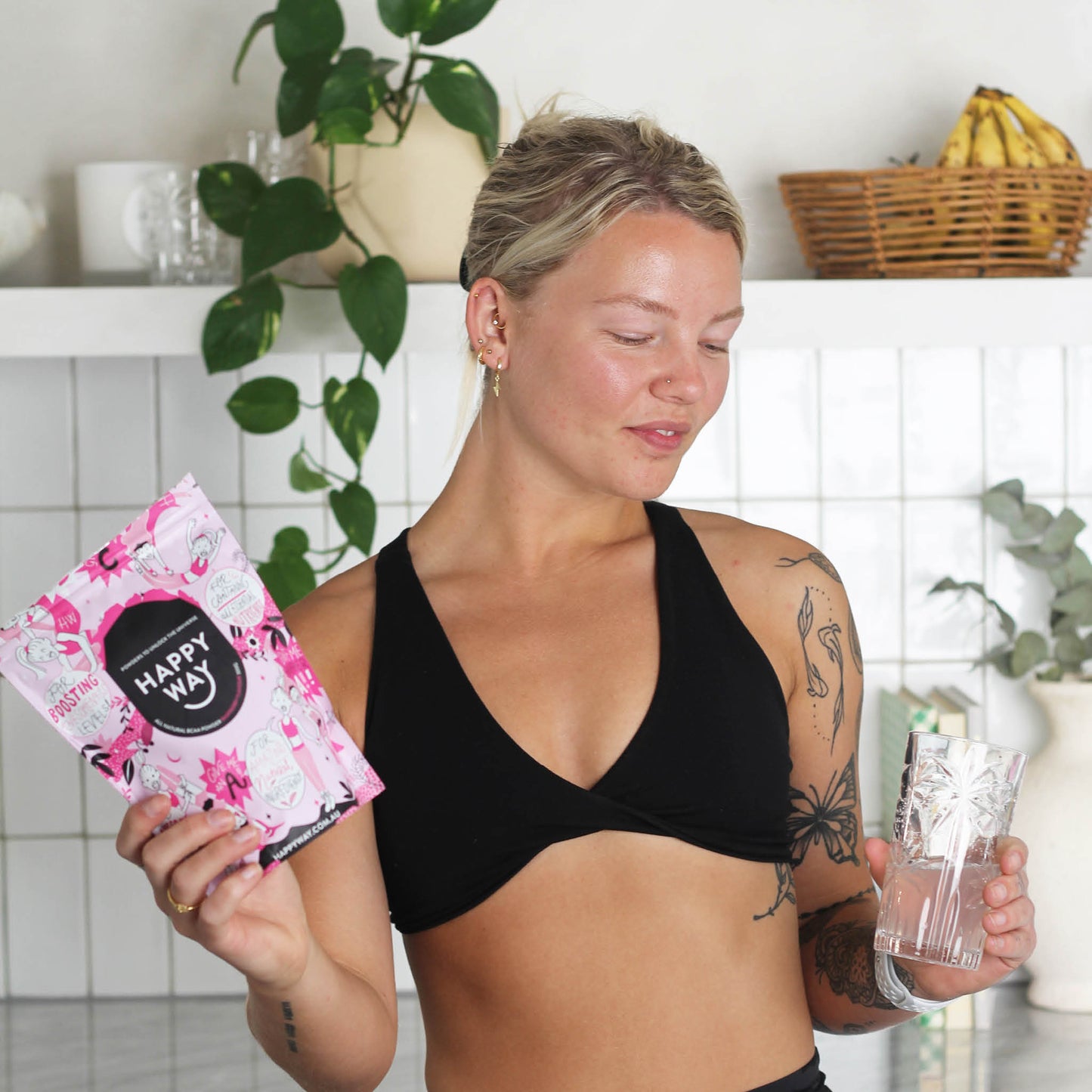The benefits of exercising read like a short novel. Whether it is for physical health, mental clarity or the opportunity to post an Instagram story wearing your new P.E. Nation outfit, signing up to your local gym comes with plenty of rewards. However, despite the common knowledge surrounding the importance of staying active, many of us do not sign up to the gym until the scales push us in the direction of our nearest F45 class. If weight loss and becoming leaner is the reason you have embarked on a new fitness routine, here are four things you need to know that no one tells you.
We’re here to offer the kind of advice that will prevent you from retiring your Nike runners before you have reached your goals.

You may initially feel like you are gaining weight.
Here is something few people will tell you as you embark on your new fitness journey, you will feel like you are gaining weight to begin with. If you have consistently been attending your classes and feel like your tights are getting a little tighter, here is why. Your body will go through changes over several months, and the initial changes may not be what you had in mind.
Exercising puts stress on your muscles fibres, which causes small microscopic tears prompting your body to release inflammatory mediators to the affected areas. This process causes pooling of white blood cells, an opening of blood vessels and the release of toxins from your muscles into the bloodstream. As a means of healing, this also induces water retention, leaving you feeling heavier and no closer to fitting into your favourite jeans.
The good news is that this process is both short-lived and manageable and will become less frequent as your body adapts to its new workload. You can help minimise the impact of this process by ensuring you use a foam roller after you exercise to help speed up the release of toxins from your muscles.
Additionally, you can help speed up the healing process by incorporating branch-chained amino acids into your exercise routine. These essential amino acids don't oxidise in the liver and are delivered straight to muscles where they are needed the most. The best part is that when mixed with water, they can be consumed during exercise. By replenishing your protein stores faster, you will be promoting muscle synthesis, speeding up the repair process and minimising inflammation which is leaving you feeling heavier than usual.

The scales will lie.
A few weeks into your new fitness journey, you may be left feeling disheartened that the scales aren’t shifting. In fact, you may even see your numbers go up. The bad news is that the scales don’t lie. The good news is that the scales aren’t a clear indication of your fitness journey. To get an accurate reading, take your scales, give them a good wipe and place them in the farthest and darkest corner of your closet.
If you are incorporating strength training into your fitness regime, then you may be building muscle faster than you are burning fat. We know that muscle burns more calories than fat, so this is not a bad place to be in. It just means that your scale won’t reflect any real changes, to begin with.
Instead of letting the scales dictate your progress, consider how you feel and how far you have come. Consider how your energy levels, mood and sleep have improved. If you are really looking for a way to measure your progress, then track your progress in centimetres not kilos. Track your body measurements. Observe how your body composition has changed and how you feel when you wear your favourite jeans.

Your appetite will increase.
The more you workout, the more time you will be spending hovering around the fridge. This has nothing to do with your lack of self-control or commitment but rather to do with a little hormone called ghrelin. Exercising promotes the release of this hunger hormone, which means you could be increasing your calorie intake drastically if you don’t manage your nutrition. By now we know that when it comes to weight loss, you simply cannot out exercise a bad diet.
So what can you do about this? It’s simple. Fill up on wholesome, nutrient-dense foods, which promote satiety and will keep you feeling fuller for longer. Protein shakes will play an important role in your fitness and weight loss journey, as they will help stabilise your blood sugar levels and will prevent you from snacking in-between meals. They will also play a dual role in replenishing your muscles and preventing your body from being affected by overtraining, which lead us to our next point...

You could be doing more harm than good if you don’t manage your stress.
And we’re not just talking about the stress that comes from day to day life, no. We’re talking about the stress placed on your body when you go from 0 to hero. We know the feeling that comes from that exercise breakthrough when you have made it to three classes in a row. But the truth is, steady wins the race. You need to find a balance between exercise and rest days to avoid a stress response called ‘overtraining’. In such cases, your body may elicit a stress response, which will prompt your body to hold onto adipose tissue, also known as fat. In the process of protecting itself from future stress, your body will naturally begin to hold onto tissue fat to conserve energy.
Now you may be wondering what the telltale signs of overtraining are. This is not to be confused with DOMS that post workout burn that gives you a slightly awkward cowboy walk and tight muscles. Overtraining presents itself in prolonged disrupted sleep, depleted energy levels throughout the day and even reoccurring coughs and colds. Overtraining may even present itself in a rise of cortisol levels, which prompts the body to store fat around the stomach.
This doesn’t mean that it’s time to hang up the gym gloves; it simply means that you need to train smarter. We are giving you permission to slow down and pace yourself. If you feel like you may be ‘overtraining’, implement rest days, swap out some of your HIIT classes for yoga or pilates, ensure you receive adequate sleep, use a foam roller and replenish your protein stores.










